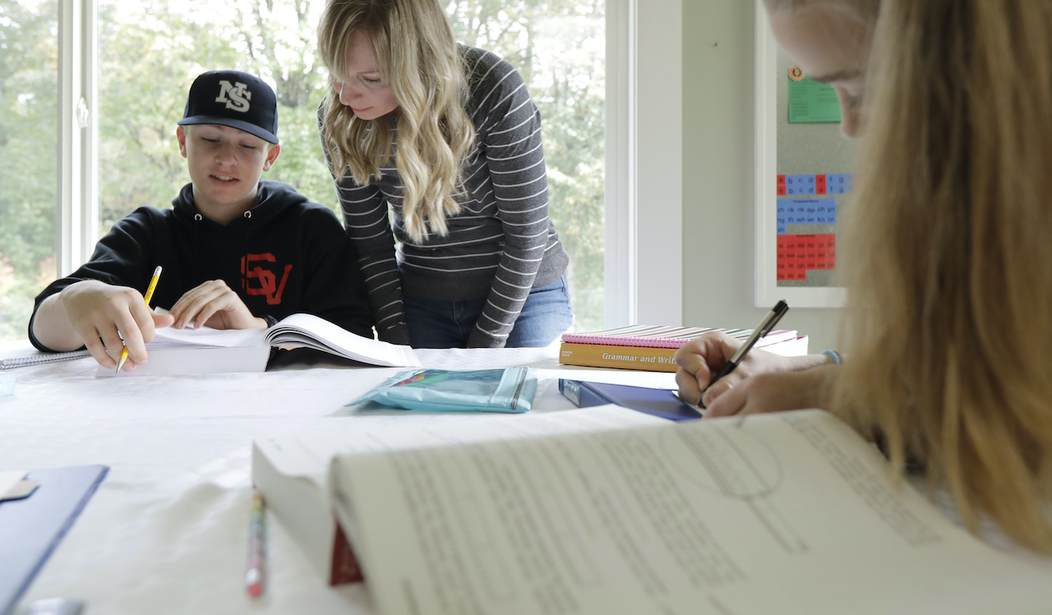Make no mistake, no one is thrilled with how education is currently operating in America. Parents are eager to send their kids back to school, frustrated by the lack of effective leadership from their district, and/or by having to spend weeks serving as full-time teacher, parent and employee. And schools are eager to welcome students back, knowing that what they’re offering kids right now likely doesn’t come close to meeting the quality standards it should.
As frustrating as these times are for parents and teachers, we cannot allow this widespread implementation of emergency “distance learning” reflect poorly on online education as a whole.
In tried-and-true virtual schools, parents are educational partners, not teachers. Curriculum, while still in line with state standards, is optimized for online learning. IEPs are implemented and followed through on. Students are given a schedule, and they are held accountable. And no one is “socially distanced” at all, as students are regularly interacting with their classmates during live sessions, on assignments, at science and career fairs, and in clubs like cooking, debate, FBLA and National Honor Society.
We especially cannot allow policymakers to walk back the progress they’ve made on making online education options accessible to families nationwide, because let’s face it – things aren’t just going to snap back to normal by September. Even when schools do reopen, there are going to be many parents, students and teachers wanting to return, but rightfully wary of the associated risks.
Take, for instance, a student whose parent has cancer, or a teacher whose elderly parent lives with them. Are we going to force those students and teachers to return to school, their only other option a lackluster repeat of what they’re currently experiencing?
Recommended
The answer needs to be no. We need to protect parents,’ students’ and teachers’ right to choose what kind of learning and teaching works best for them right now. Not knowing what the next week, month, or season will look like, we need more, better options – not a select few offered by schools that are new to this space.
Effective online learning takes time and thoughtful planning, training and delivery. It’s taken us 20 years to get to a place where we are seeing students not just survive their K-12 online education, but thrive within it.
Online education is for anyone, but we realize that even under normal circumstances it isn’t for everyone. Some students’ needs can be better met online, while others can be better met in a brick-and-mortar school. Unfortunately, the misfires of many school systems in this experimental period are adding fuel to an old fire that pits in-person instruction against virtual.
It simply shouldn’t be a matter of either/or. Online and in-person instruction have coexisted with great success for years now, as online schools serve as a safe haven for students who were bullied, who suffer difficult or even debilitating medical conditions, or who want to get a head start on their career.
At the end of the day, that’s the point: We all want each and every student to thrive in school. Some aren’t thriving under their district’s makeshift online learning models and can’t wait to get back to school, but some are – perhaps because their district had a distance learning plan already in place. It’s for all students that we must leave negativity out of the conversation about the future of education.
Kevin P. Chavous, a former District of Columbia City Council member, is an attorney, author, education reform activist, and President of Academics, Policy and Schools at K12 Inc. In April he was named to the National Coronavirus Recovery Commission.
























Join the conversation as a VIP Member